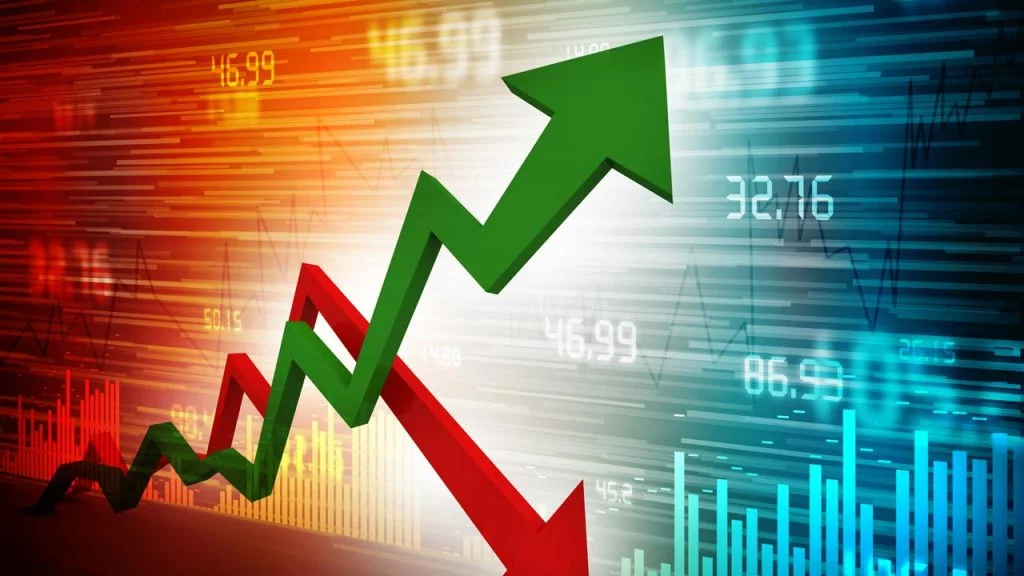Nigerians are reacting in different ways to the government’s constant borrowing, which many say has pushed the country’s external debt to concerning levels.
Recently, the Senate approved President Bola Tinubu’s request to borrow more than $21 billion to support the 2025–2026 budget cycle. This move allows the government to fully implement the 2025 budget.
The approved loan plan includes a mix of funds: $21.19 billion in direct foreign loans, €4 billion, ¥15 billion, a $65 million grant, and domestic borrowing through bonds estimated at ₦757 billion.
By the end of 2024, Nigeria’s total public debt had risen sharply to ₦144.67 trillion, or around $94.23 billion. This marks a 48.58% jump compared to the ₦97.34 trillion ($108.23 billion) recorded at the end of 2023.
The Debt Management Office revealed this in its most recent report, highlighting the growing debt problem facing the country.
There was also a steady increase from the previous quarter. As of September 2024, Nigeria’s public debt was ₦142.32 trillion ($88.89 billion), meaning there was a 1.65% rise by the end of the year.
As borrowing continues, experts and citizens are beginning to question the long-term impact on the economy, urging the government to adopt more cautious borrowing practices and improve its debt management approach.







